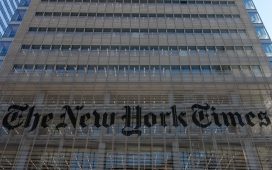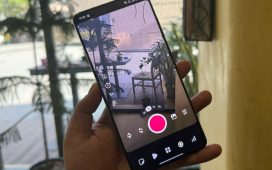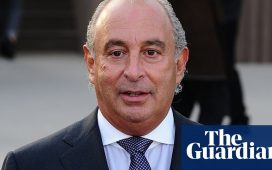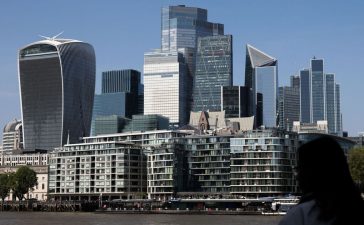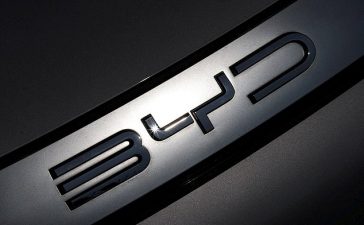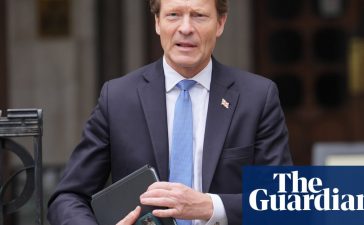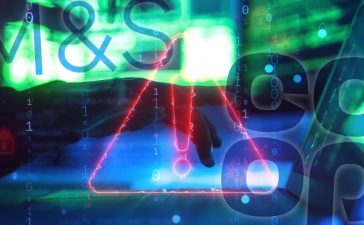Jimmy Lai has pleaded not guilty to all charges at the resumption of his national security trial in Hong Kong.
The media tycoon and pro-democracy activist is facing up to life in prison if found guilty on the charges against him, brought under the 2021 national security law and a colonial-era sedition law.
Wearing a white shirt and a navy blue jacket, and surrounded by three prison guards in the defendant’s dock, the 76-year-old replied “not guilty” in English to each of the charges read out on Tuesday.
He is accused of conspiracy to commit foreign collusion and conspiring to publish seditious material. His legal team sought to have the latter charge dropped, claiming the alleged offences occurred outside the statute of limitations, but this was rejected by the judges. A not guilty plea was expected.
“This case is about a radical political figure … who conspired with others to bring into hatred and stir up opposition to the government of [Hong Kong] and the central authorities and to collude with foreign countries or external elements to endanger national security,” the lead prosecutor, Anthony Chau, told the court on Tuesday.
Chau called Lai “the mastermind” who used his media business “as a platform to pursue his political agenda … and orchestrated a conspiracy with the so-called democracy and freedom advocacy group Stand with Hong Kong Fight for Freedom”.
Several foreign nationals were named as alleged co-conspirators in the charges against Lai, including British citizen Luke de Pulford, the UK-based director of the Inter-Parliamentary Alliance on China; Shiori Kanno, a Japanese former legislator; Ipac’s Japan coordinator, Mark Simon, a US citizen and close friend of Lai’s; and Bill Browder, an American-British financier.
De Pulford called the charge a “ludicrous fabrication” and said the inclusion of foreign nationals in Lai’s trial was “a sign of the parlous state of the Hong Kong legal system”.
He urged the UK Foreign Office to impose sanctions against individual Hong Kong officials including the Hong Kong chief executive, John Lee, as well as to press the 50 or so countries that continue to have extradition agreements with China or Hong Kong to end them immediately since they risk becoming a tool of an authoritarian government.
He said: “It is a serious escalation that China is attempting to pull in foreign nationals using trumped-up charges based on fabricated evidence in a sham trial. Beijing has pushed red line after red line, and it is time to push back.” The prosecution cited 161 publications of Apple Daily between April 2019 and the newspaper’s last day in June 2021 as “examples of seditious publications … with a view to polluting the minds of the impressionable ones”.
Prosecutors accused other foreign nationals of being intermediaries or agents with whom Lai collaborated, including Benedict Rogers, the chief executive of Hong Kong Watch, a UK-registered charity.
Rogers said: “The ‘crime’ Mr Lai is accused of is talking with foreign politicians and activists, including myself, and engaging in journalism – which, as the publisher of a major newspaper in Hong Kong, ought to be regarded as entirely normal legitimate activity.”
Safeguard Defenders, a human rights NGO, said the accusations against foreign nationals “demonstrate Hong Kong authorities have no qualms whatsoever using the unlawful provisions of extraterritoriality in the Beijing-imposed national security law (NSL) to attack freedom and democracy everywhere”.
Lai was also accused of providing instructions and financial support for Stand with Hong Kong to lobby foreign countries for sanctions, including the US, the UK, New Zealand, Australia, Japan, Czech Republic, Portugal and Ireland.
The trial began last month after lengthy delays. Lai has been in jail since December 2020, serving a 13-month sentence for unauthorised assembly and a separate sentence of more than five years on fraud charges for violating a lease contract, charges his supporters say were politically motivated.
Lai and his Apple Daily newspaper were key supporters of Hong Kong’s pro-democracy movement, which took part in mass protests across the city in 2019. The national security law was introduced in 2020 to quash the movement, outlawing acts of foreign collusion, sedition, secession and terrorism. The law has been widely criticised as overly broad and undefined, allowing authorities to weaponise it against non-violent dissent and political opposition.
Robert Buckland MP, the UK attorney general at the time of the imposition of the national security law, said: “A new red line has been crossed here – one requiring a robust response. The national security law itself represents a grave violation of a binding agreement between China and the UK damaging trust between our two countries and undermining fundamental rights of Hong Kong people in the process.
“If this were not bad enough we now find that Jimmy Lai, a UK citizen, is prosecuted under the same law and that other UK officials are being used to make the charge stick.”

